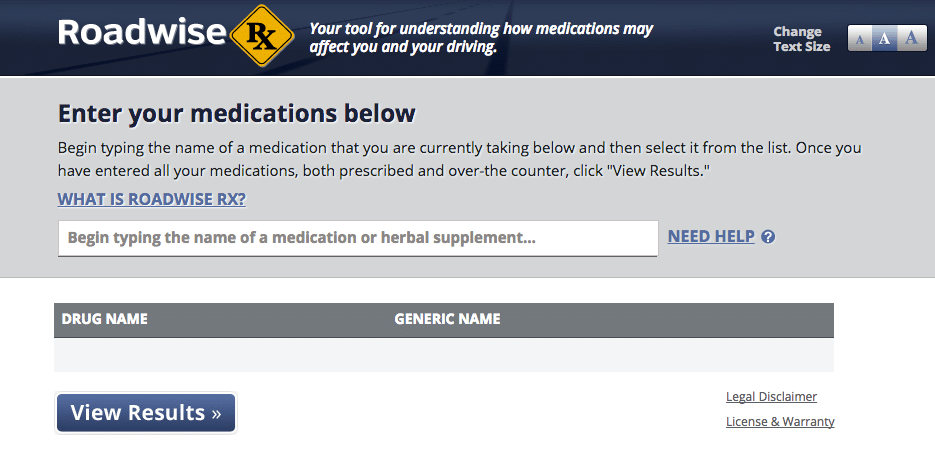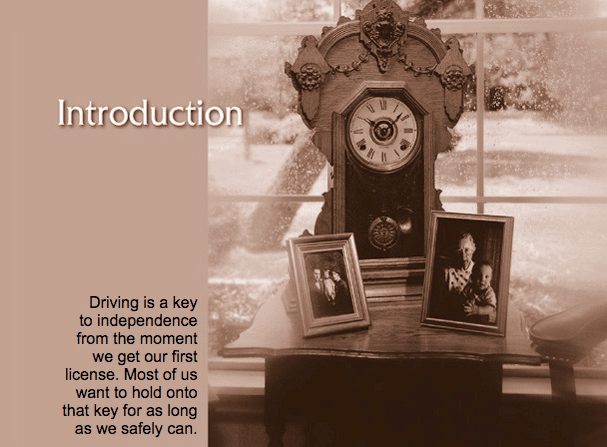Medication & Conditions Affect Driving

Keeping Seniors Driving Safely: Understand What Affects Driving
As you age, some medications and medical conditions can make driving unsafe. Most of us want to continue driving for as long as possible. So, it’s very important to understand how over-the-counter and prescribed medications, as well as certain medical conditions, can affect driving. And, with this knowledge, you can work to make adjustments and prevent unsafe driving situations.
DISCOVER
(Click to See Answers)
How is it possible to safely manage slower response times behind the wheel?
- Avoid driving during high traffic congestion times
- Increase the distance between you and the car ahead of you
- Minimize left turns
- Get rid of distractions while driving (e.g., radio, people talking)
- Plan and know your directions before starting out
- If you didn’t get enough sleep, don’t drive drowsy
At night there's more glare and it's harder to see. Are there ways to manage driving at night safely?
- Keep moving your eyes and avoid staring at lights
- Drive at reduced speeds, but within the safe driving limits
- To avoid being blinded by another driver’s high beam lights, look down to the right side of the road, with the road lines still in your vision.
With Parkinson's Disease, how can I/they safely drive?
- Earlier stages of Parkinson’s you can drive safely, if you follow your doctor’s directions
- Keeping active to build or maintain muscle strength can help keep you safer behind the wheel, as recommended by your doctor
- An occupational therapist may also be called in by your doctor to help test you and work with you to keep you safe while driving
FAST FACTS
- % of Seniors Who Have Never Discussed Medications & Driving With Their Doctor, accoording to the AAA 50%
- % People in 70s Having Arthritis/Crippling Joint Inflammation Making Turns and Twisting Moves While Driving a Risk (AAA) 80%
Number of Major Decisions Made by Average Driver per Mile Driven, according to AAA
According to AAA research, several common medications are known to impact driving, such as cough medications and decongestants. Many medications have side effects, like blurred vision and dizziness. Medical conditions also affect driving. It’s important to recognize early if there’s an issue. Determine if you or your loved one has one or more of the 6 most common medical conditions that could could affect their driving.
NOW WHAT?
Tools & Resources at Your Fingertips

